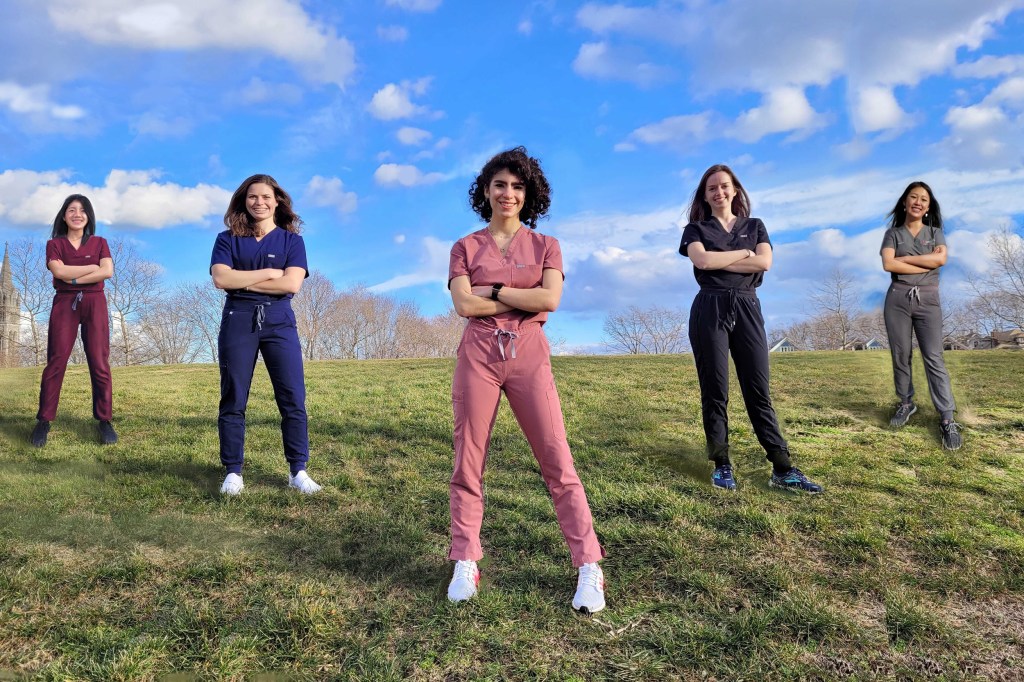Health
-
Lin Test
text with link. This is a quiz. Some text Name Name Quo modo autem philosophus loquitur? Tecum optime, deinde etiam cum mediocri amico. Invidiosum nomen est, infame, suspectum. Name Name…
-

Gender-affirming care is rare, study says
Fewer than 1 in 1,000 transgender youth receive hormones or puberty blockers

-

Nature offers novel approach to oral wound care
Slug’s sticky mucus inspiration behind adhesive hydrogel that can seal wounds in wet environment

-

Time for a rethink of colonoscopy guidelines?
Change informed by new findings would help specialists focus on those most at risk, researcher says

-

Should pharmacists be moral gatekeepers?
‘The problem is not opioids,’ says author of ‘Policing Patients’ — it’s overdose, pain
-

The deadly habit we can’t quite kick
Actions by tobacco companies worry researcher even amid ‘dramatic decrease’ in smoking among young Americans

-
One shot at protection
The COVID-19 vaccine that requires just one shot has been shown to generate a robust immune responses against variants.
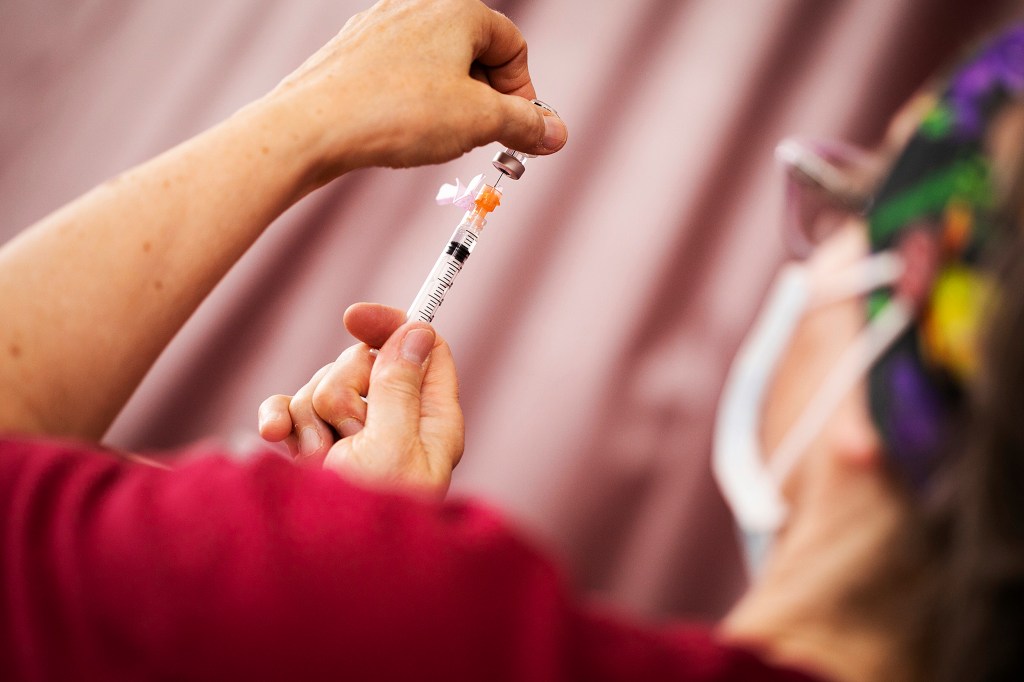
-
Chipping in to detect stroke
A clinical trial found that for certain patients, a small chip under the skin may help predict the likelihood of a second stroke.

-
Tracking progression of disease through internet searches for symptoms
A College senior’s research project has shown a way to more quickly understand the characteristics of emerging diseases, by examining global internet searches for symptoms.
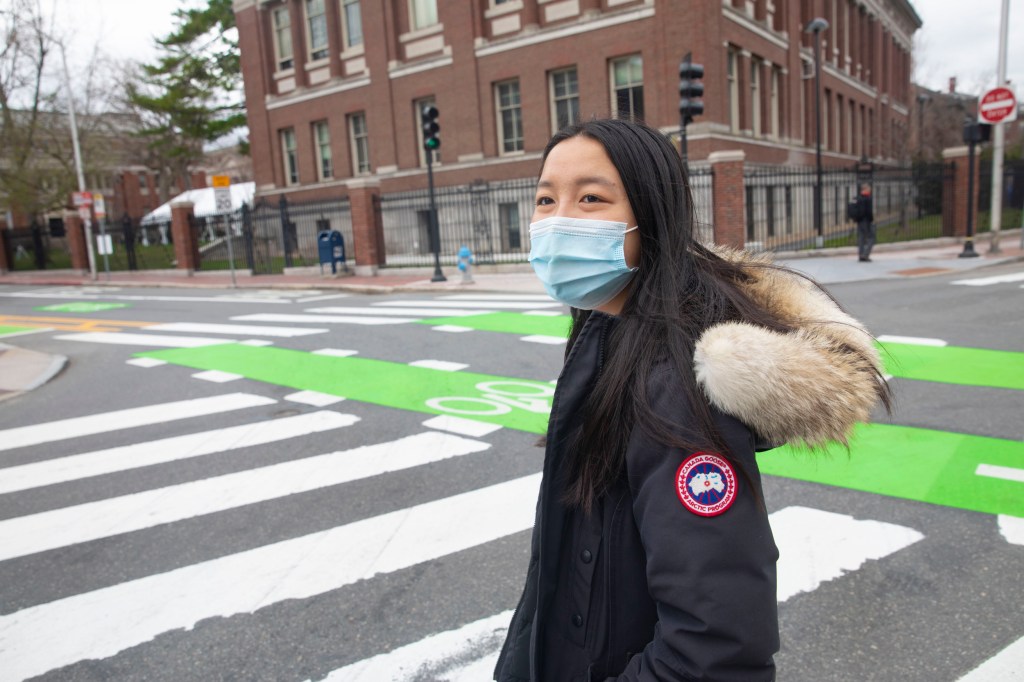
-
A community health worker intervention reduces hospital readmissions
The results indicate that CHW interventions may help reduce hospital readmissions and improve preventive care.

-
A key to the next pandemic: An early-warning system
How to stop a pandemic? Spot it early, let the pros spread the news, and engineer the heck out of it.

-
When 45 is the new 50
An independent expert panel has recommended that individuals of average risk for colorectal cancer begin screening exams at 45 years of age instead of the traditional 50.

-
How unjust police killings damage the mental health of Black Americans
Harvard Chan’s David Williams, whose research looks at how discrimination affects Black people’s health, talks about his pioneering work to assess the toll that police killings are having on Black mental health.

-
Brainstorming a cure
Regulatory T cells in the brain can be reprogrammed from guarding glioblastoma tumors to attacking them from within.
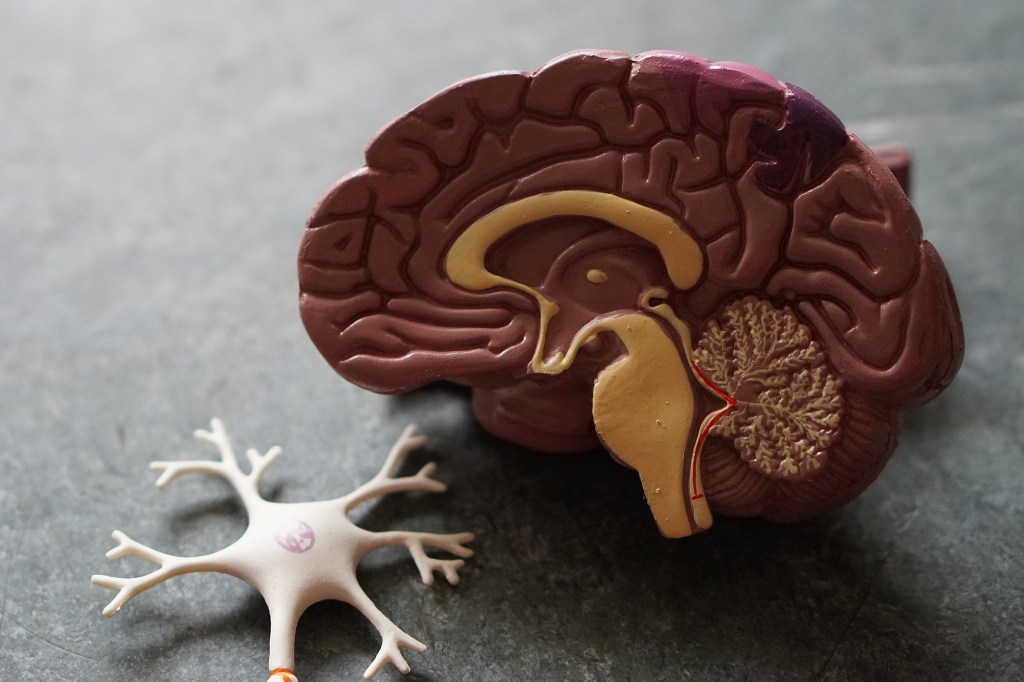
-
When you dream of feeling naked in public — without a mask
The data gathered by Deirdre Barrett shines a light on how our subconscious is grappling with a time like no other.
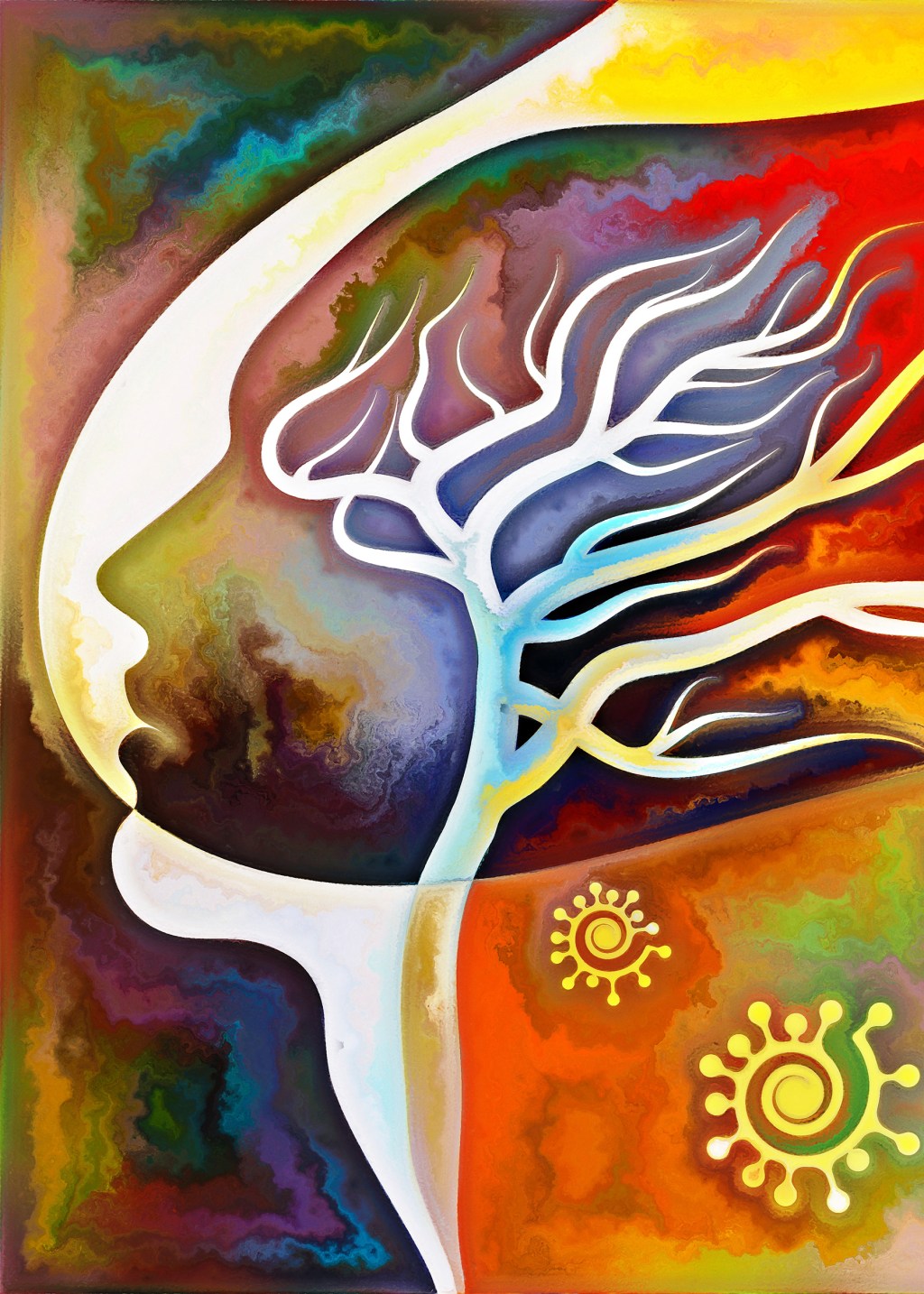
-
Unraveling medical racism
On April 5, a group of historians tried to unravel that disturbing and familiar story of a lack of trust in the U.S. health care system in communities of color during the virtual talk “Medical Racism from 1619 to the Present: History Matters.”

-
Asian Americans more worried about racist Americans than coronavirus
A new survey shows that Asian Americans are more worried about the possibility of being a victim of pandemic-related racism than the virus itself
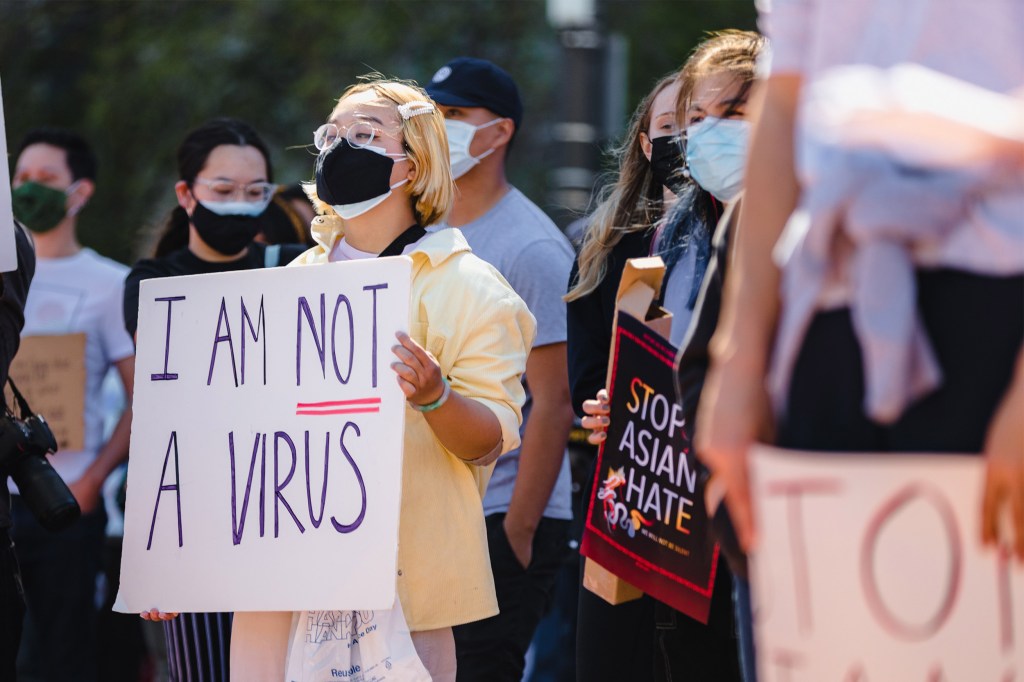
-
‘Very strong degree of normality’ likely by year’s end
Though the so-far-successful U.S. vaccination drive is likely to deliver an approximation of normal life by year’s end, Anthony Fauci and a panel of heath care experts cautioned that the global battle against COVID-19 is far from won.
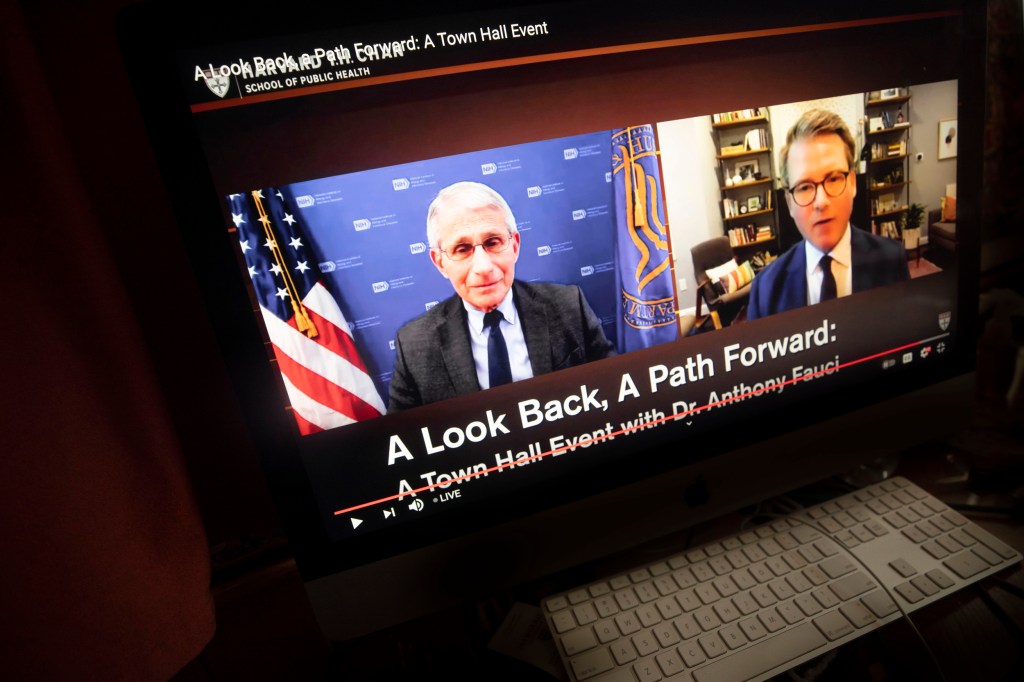
-
With COVID spread, ‘racism — not race — is the risk factor’
Since the outset of the COVID-19 outbreak, public health experts have noted the disproportionate toll on Black and brown Americans. Those groups are at much greater risk of getting infected than white people; they are two to three times likelier to be hospitalized, and twice as likely to die, according to recent estimates from the U.S. Centers for Disease Control.

-
Salad or cheeseburger?
People in our social networks influence the food we eat — both healthy and unhealthy — according to a large study of hospital employees.
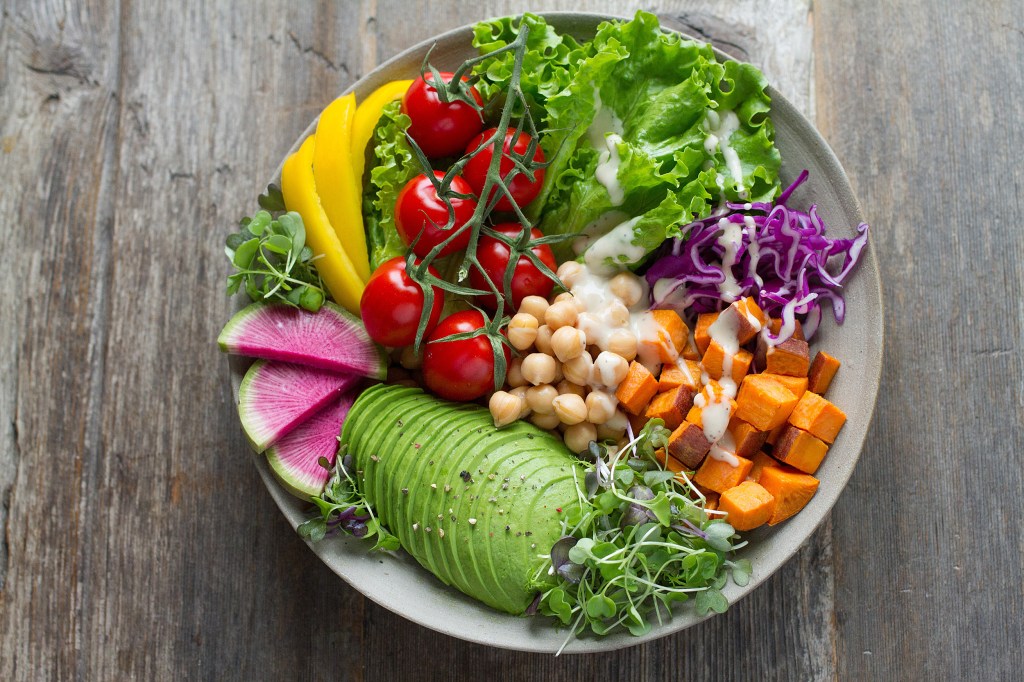
-
Sleep easy
Research reveals distinct types of cells that may be involved in breathing-related diseases in infants.

-
Untangling a young patient’s autoimmune mystery
The Complex Care Service was created for patients like Emily Hedspeth who are, as Thompson described, “the sickest 1 percent of the sickest 1 percent.”
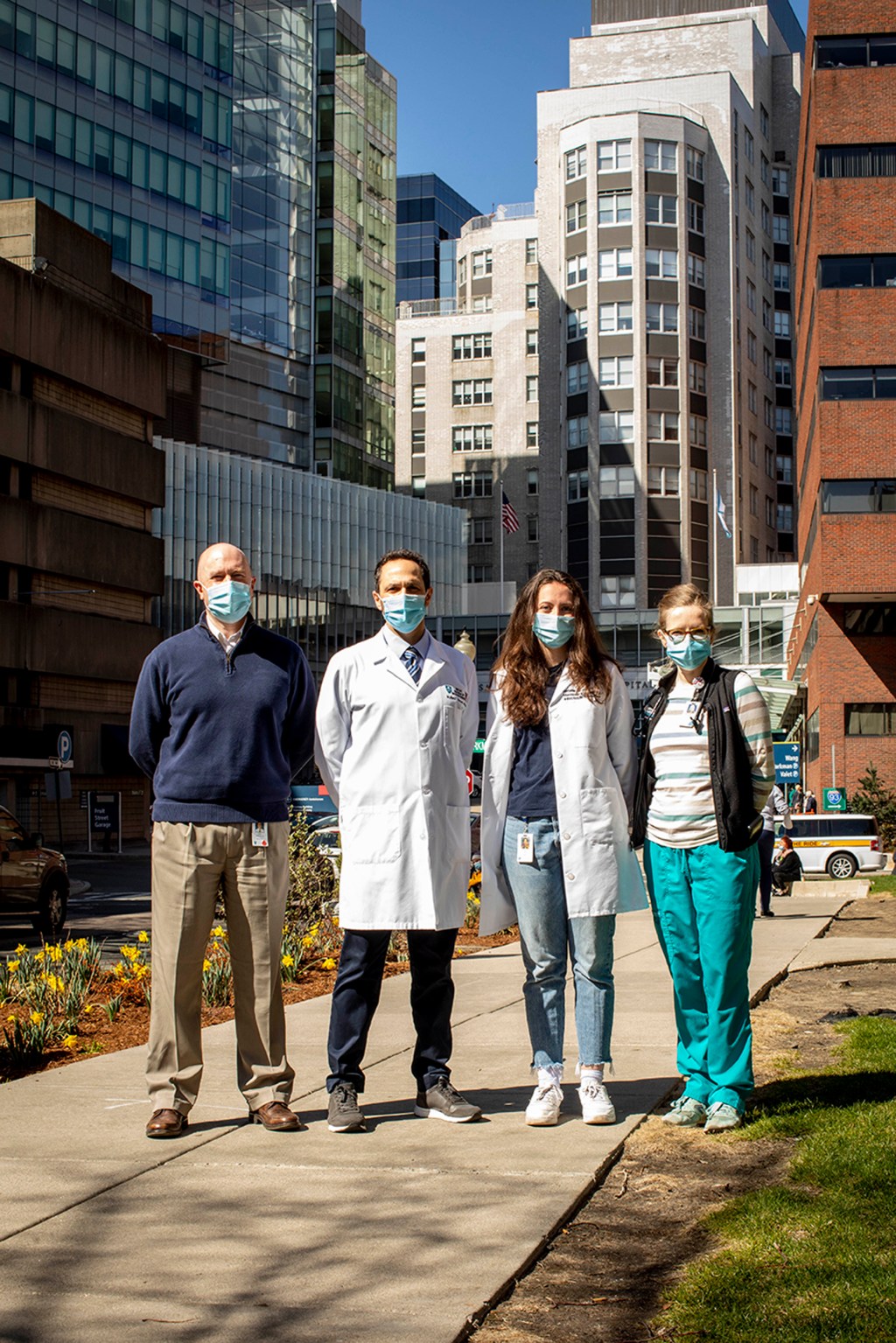
-
A pandemic that endures for COVID long-haulers
The health care system is seeing more “long COVID” patients, those whose often mild initial illness is followed up by months of severe, sometimes debilitating symptoms.
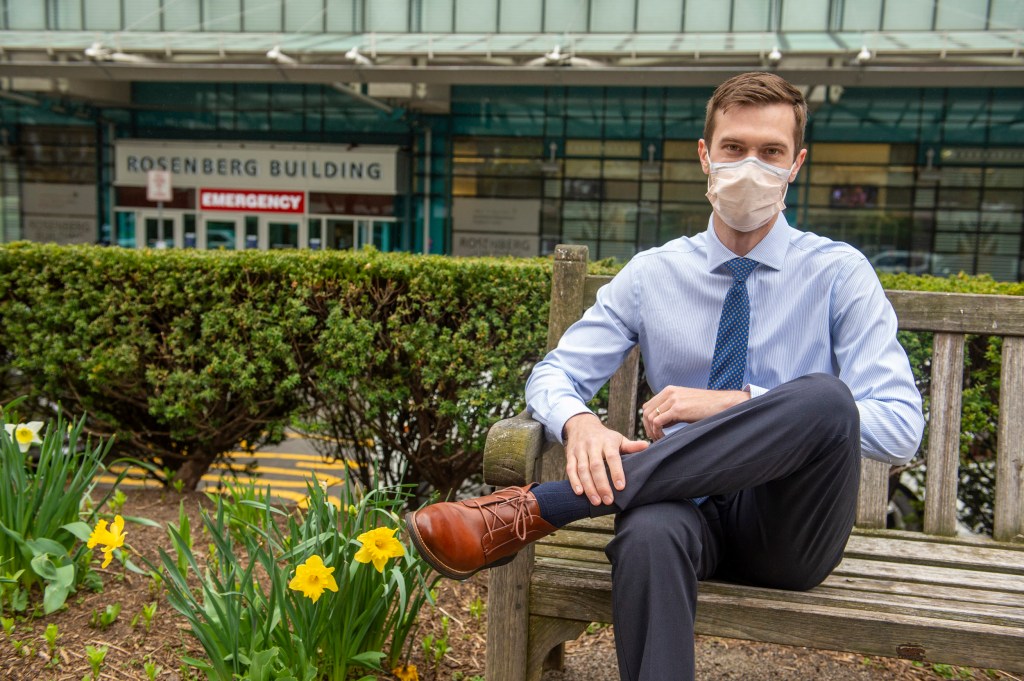
-
High standards
A study of metabolites in the urine of patients taking medical cannabis products shows that the actual THC or CBD content is often different from what they expect.

-
How spanking may affect brain development in children
Spanking may affect a child’s brain development in ways similar to more severe forms of violence, according to a new study led by Harvard researchers.
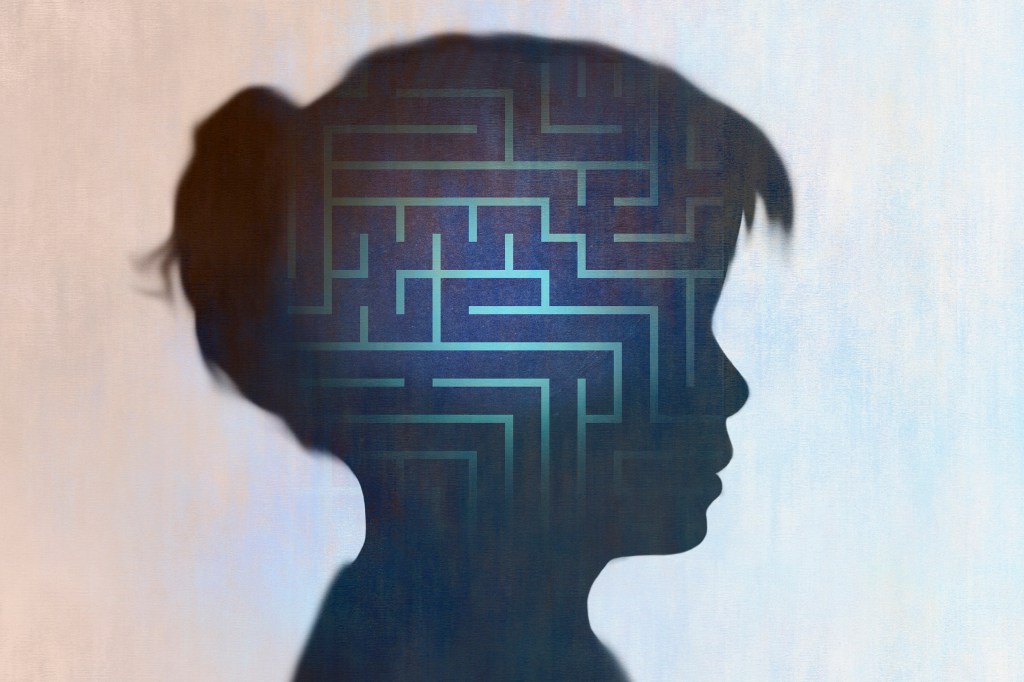
-
Telehealth works, but upgrade is still needed, say experts
Telehealth is experiencing a pandemic-induced boom that experts say has helped patients maintain contact with their doctors and lowered barriers to access for many. It’s important, should the change become permanent, to ensure equal access to all communities.

-
Approval of at-home tests releases a powerful pandemic-fighting weapon
FDA approval of two over-the-counter rapid antigen tests promises to transform the testing landscape around COVID-19, lowering cost and giving the certainty of knowing when you’re infected to the individual, a Harvard epidemiologist said.

-
Cancer vaccine shows durable immune effects
Researchers at Harvard Medical School and affiliated institutions have shown that a personalized cancer vaccine that is specific to an individual’s tumor has lasting effects, detecting vaccine-related immune system changes years after the vaccine was given.
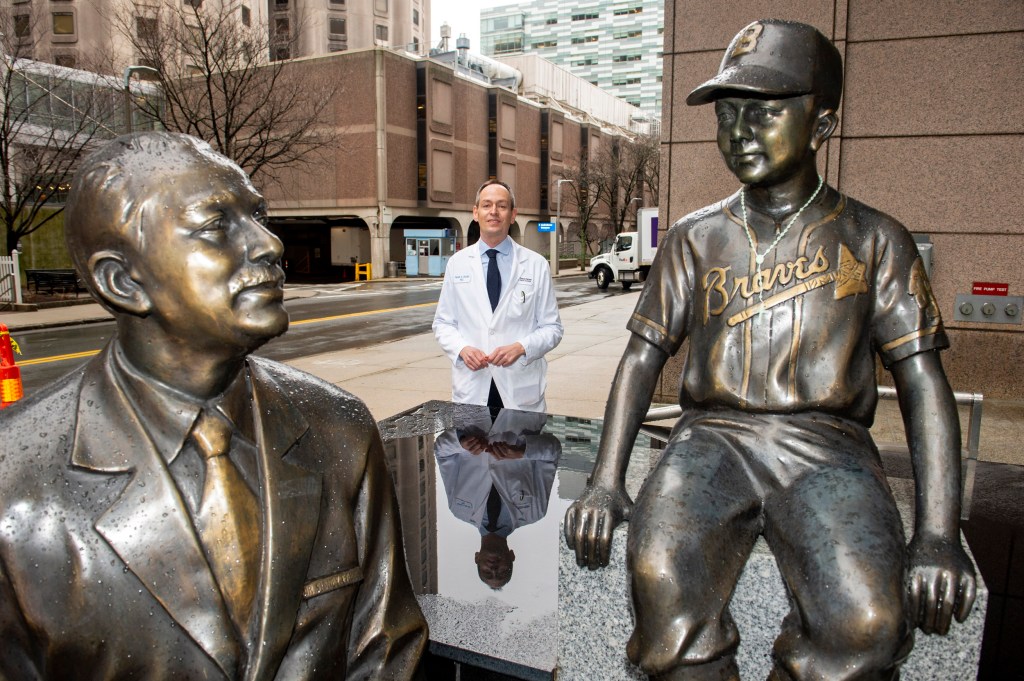
-
When the heart takes a beating
New study provides insights on how stress-related brain activity can temporarily damage the heart.

-
COVID-19 vaccine protects mothers — and their newborns
Pregnant women show robust immune response to COVID vaccines, pass antibodies to newborns.

-
Seeking ‘a leadership moment’ on global vaccination
A $25 billion investment in global vaccines would bring a five-to-one economic return and save many lives, according to Rebecca Weintraub, an HMS global health expert.
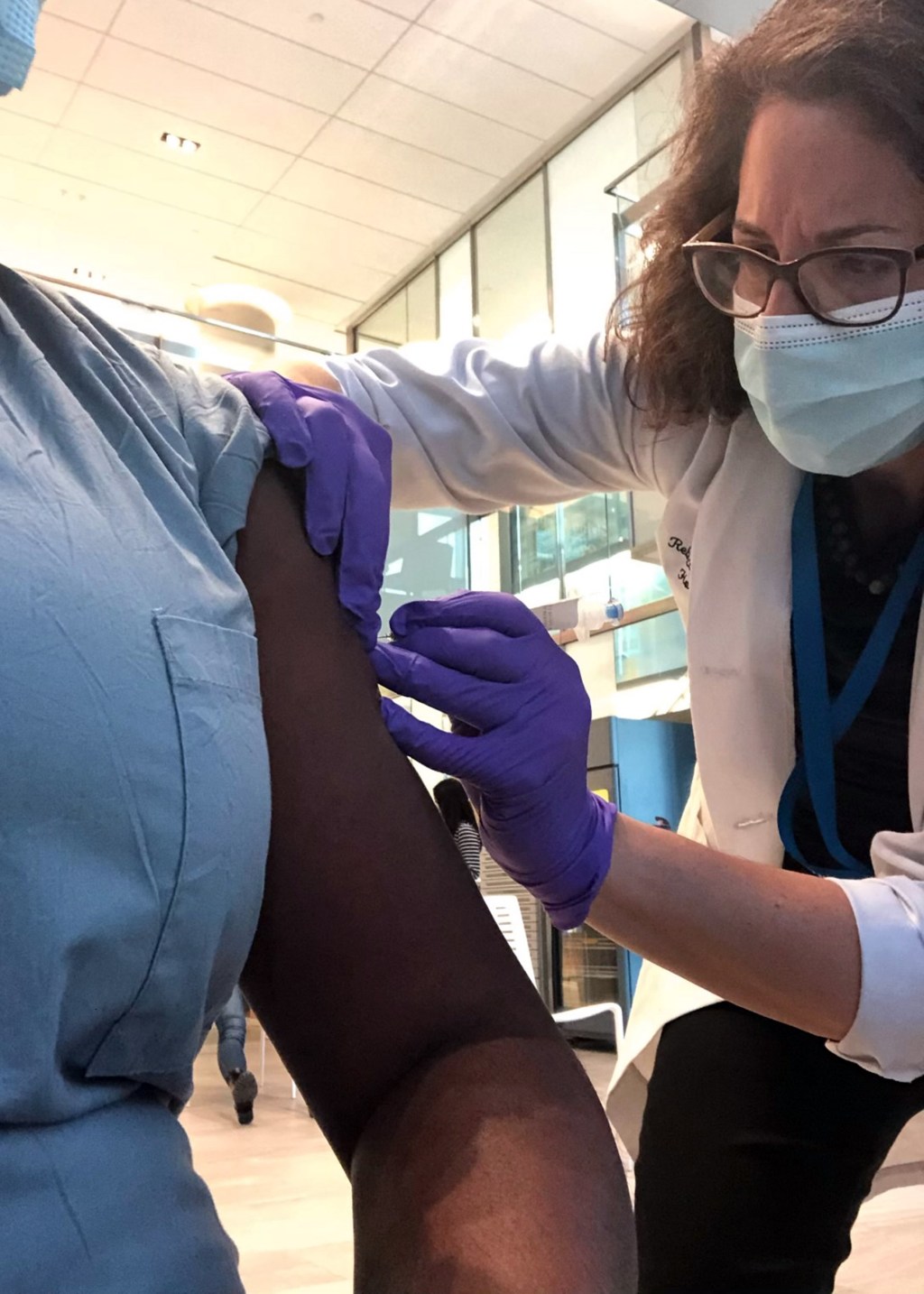
-
In the gut microbiome, at least, it’s nurture, not nature
Environmental factors such as diet make major impacts in the gut microbiome, a new study shows.

-
‘Zinc fingers’ may help treat Alzheimer’s disease
Researchers have used a genetic engineering strategy to dramatically reduce levels of tau — a key protein that accumulates and becomes tangled in the brain during the development of Alzheimer’s disease — in an animal model of the condition.
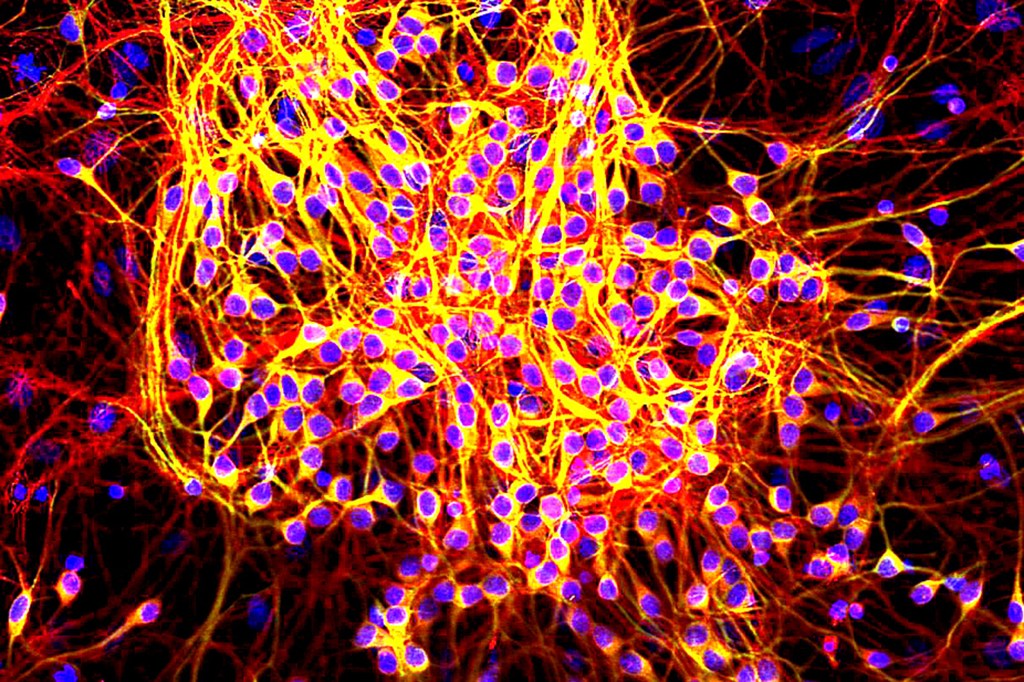
-
Double benefits for heart-healthy lifestyle
The risk of future cancers was lowest among participants in a community-based observational study who had a heart-healthy lifestyle.

-
How a mutated coronavirus evades immune system defenses
A Harvard Medical School study shows how SARS-CoV-2 mutations allow the virus to evade the defenses of patients with compromised immune systems.
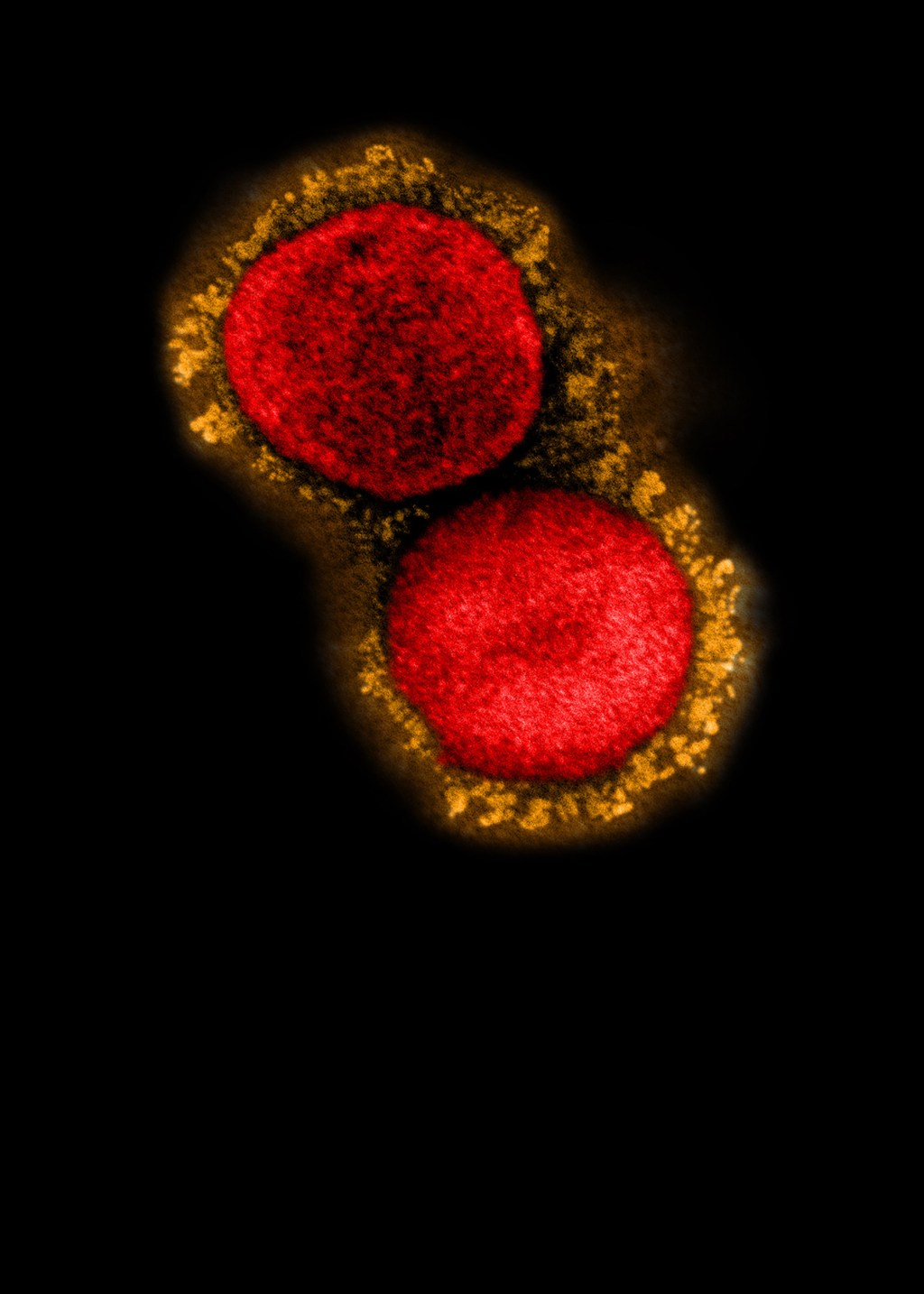
-
Dental students fill the gap in online learning
Five Harvard School of Dental Medicine students created “My Dental Key,” an online platform with step-by-step video tutorials of dental procedures to supplement clinical and classroom learning.
